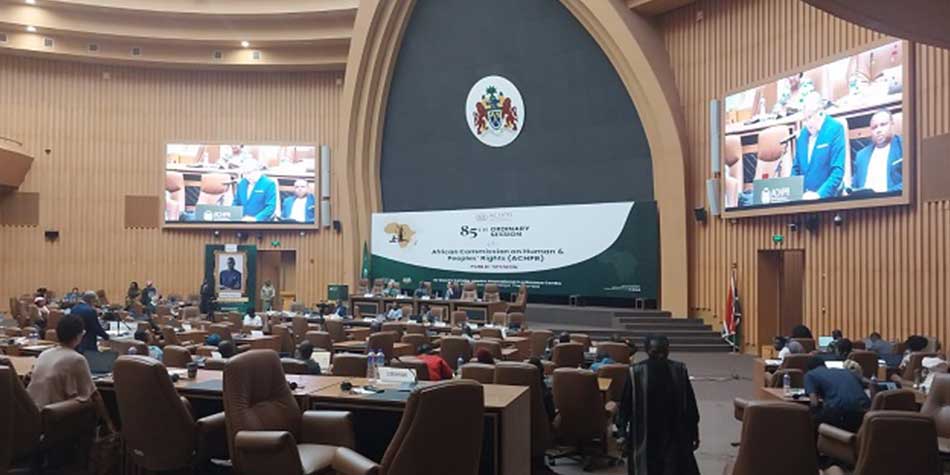
There is a high risk of a return to the death penalty in your country
Some steps may have been taken by the Executive branch (i.e. new method of execution) or Members of Parliament (i.e. draft bill) for the death penalty to be reestablished and/or for executions to resume. Influential groups are supporting this move and civil society organizations are repressed or even shut down. The independence of the judiciary is not always respected and the state does not always comply with its international obligations.
However, there is a strong international commitment taken by your country not to reestablish the death penalty, as your country is a state party to an international and/or regional treaty to abolish the death penalty. In your fight to keep your country abolitionist, this is an important element to keep in mind!
What you can do!
- Make sure that the Executive and the Legislative Branches are aware of your country’s ratification of an international and/or regional treaty to abolish the death penalty and of their obligations under international law not to reinstate the death penalty. To know more about it, check our FAQ on these treaties. Also, take note of who you can contact at the institutions responsible for these treaties and keep the information ready for use should the situation escalate.
- Make sure that you and your organization are safe and check our tool on “Helpful Hints and Advice on Online Harassment,”
- Work with others. Create a network of local activists interested in working on the death penalty in your country. You may use safe technologies such as a Signal group or an emailing list hosted by a secure platform to coordinate your discussions. Regularize discussions around the death penalty; not merely discussing the topic on the eve of executions or legislation.
- Identify your targets and your allies and advocate with those. They may be Members of Parliament, the National Human Rights Institution, the UN office in your country, the European delegation in your country, embassies from abolitionist countries,…
- Work with existing international NGO’s and institutions to map political connections in countries at risk in order to determine who may be persuaded by local actors and who is not susceptible to political pressure or at risk. Identify existing international advocacy opportunities and submit joint alternative reports to the UN.
- Create and disseminate information, such as narratives that abolitionist actors and supporters can use to convince advocacy targets. It may take the shape of fact sheets, websites, blogs, physical pamphlets or flyers, billboards, commercials, YouTube videos, social media live events. Example of narratives: debunk myths about the death penalty (e.g. that it is an effective deterrent to crime), highlight conditions of those on death row… You may use the example of the Maldives’ leaflet on Fair Trial Standards in the Maldives.







